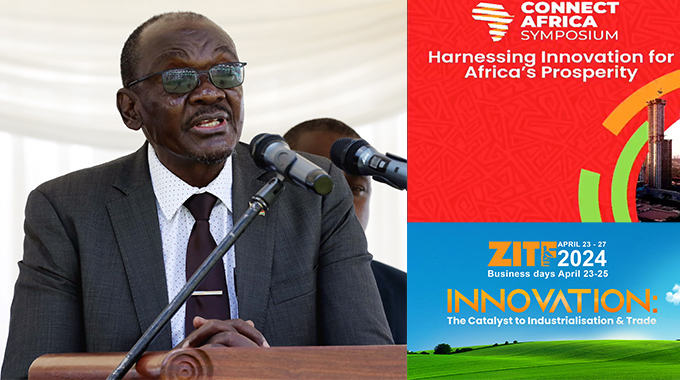Hippo Valley pins hope on Transitional Stabilisation Programme

Oliver Kazunga, Senior Business Reporter
HIPPO Valley Estates Limited is optimistic that initiatives being implemented by the Government under the Transitional Stabilisation Programme (TSP) will yield tangible results required in restoring macro-economic fundamentals.
The sugar processor, which missed its fourth deadline —October 31, 2019 — to publish its audited financial statements for the year ended March 31, 2019, said this last week in a statement accompanying the much-awaited results.
Hippo Valley has said the financial review has been complex and extensive going back some years and this consequently impacted on the timeous release of the financial results.
The firm’s chairman Mr Dan Marokane said:
“While the recent surge in inflation, leading to the re-emergence of a hyperinflationary economy, is cause for concern, the company remains optimistic that the Transitional Stabilisation initiatives by Government will yield positive results in restoring the economic fundamentals.
“As such the industry will continue to expand its sugar cane production (through both vertical and horizontal growth) and supply to the sugar mills, aimed at utilising available total milling capacity.”
Under its initiative to expand sugar cane production through vertical and horizontal growth, Hippo Valley, Mr Marokane said a total of 4 000 hectares were targeted to be developed from the Kilimanjaro project.
“As part of the Tongaat Hulett Group, the company has embarked on a turnaround strategy, code-named ‘Project Crystal’, focusing on three main areas of right-sizing and fixing the business fundamentals, leveraging the value chain and creating a platform for long-term growth.
“Cost reduction will continue to be a focus area. Given the high fixed cost nature of sugar operations, unit costs of sugar production for the company are expected to reduce further with the benefit of future volume increases thereby increasing the competitiveness of its sugar on both the domestic and export markets,” he said.
During the period under review, a total of 1,9 million tonnes of cane were crushed up from 1,5 million tonnes in 2018.
“A total of 1 862 000 tonnes (2018: 1 534 000 tonnes) of cane was crushed during the season, of which 1 068 000 tonnes (2018: 875 000 tonnes) was company cane and 730 000 tonnes (2018: 659 000 tonnes) was delivered by private farmers.
“In addition, 35 000 tonnes and 29 000 tonnes were received from Green Fuel and Triangle Limited, respectively,” Mr Marokane said.
During the period under review, a total of 239 000 tonnes of sugar were produced (2018: 197 000), a 21 percent increase from the last season, on the back of improved cane yields.
Cane plough out and replanting programmes continued during the year with a total of 1 670 hectares (2018: 2 841 ha) being replanted for the year ended March 31, 2019, as part of the continued initiative to restore cane yields to optimal levels in the shortest time possible.
The momentum established in previous years to reduce costs through operating efficiencies and conversion of fixed costs into variable was maintained throughout the current reporting period.
The company’s revenue for the year amounted to RTGS$244,9 million (2018: RTGS$159,0 million), an increase of 54 percent mainly due to the 21 percent increase in sugar production, combined with the impact of domestic market sugar price adjustments prompted by cost push inflation experienced in the period post October 2018.
“As a result, operating profit increased to RTGS$113,6 million (2018: RTGS$11,1 million). Operating cash inflow (after working capital movements) was RTGS$21,1 million (2018: inflow of RTGS$29,6 million), a decrease of RTGS$8,5 million as a result of an increase in cash absorbed in working capital,” he said. -@okazunga












Comments